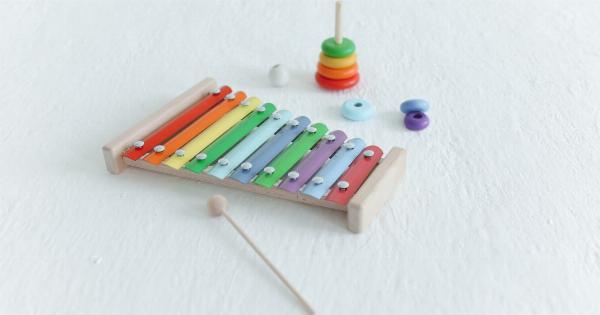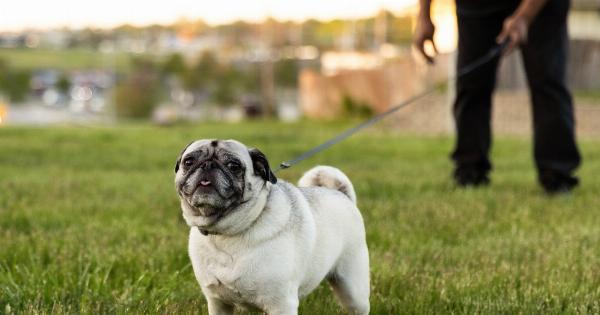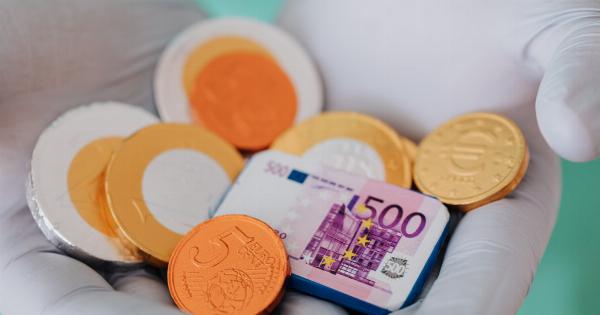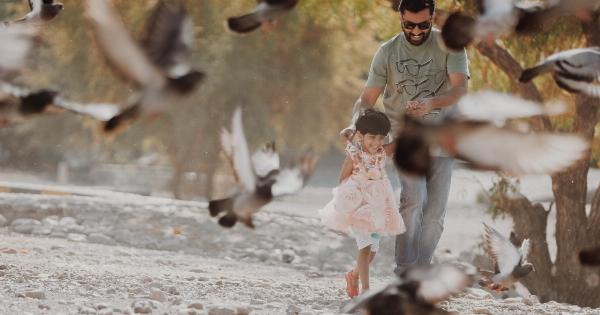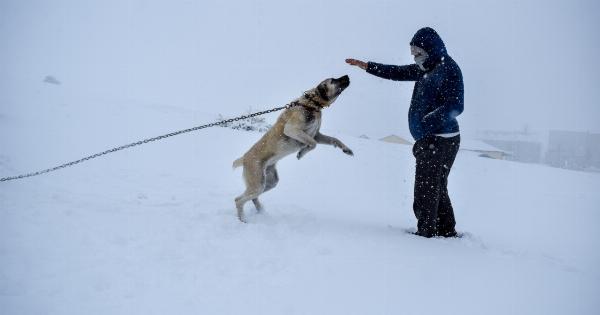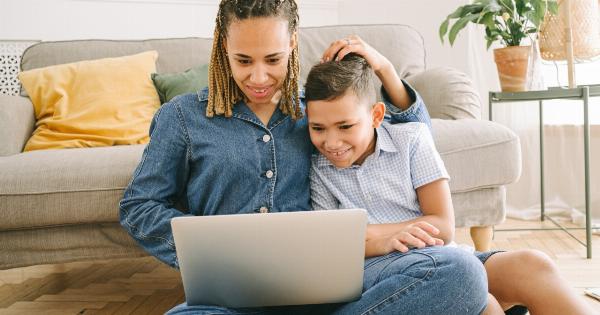Getting a new puppy is an exciting and joyous experience. From the moment they come home, puppies bring love and happiness to their families. However, raising a puppy requires effort and commitment.
One essential aspect of puppyhood is early exposure, which refers to exposing puppies to a wide range of experiences during their critical developmental period. Early exposure plays a crucial role in shaping a well-rounded and confident adult dog. Let’s explore the numerous benefits that early exposure offers for your furry friend.
1. Socialization Skills
Early exposure helps puppies develop important socialization skills. During the first few months of their life, puppies are highly receptive to new experiences and stimuli.
By introducing them to various people, animals, and environments, you ensure they become accustomed to different sights, sounds, and smells. This exposure helps them build strong social skills, making it easier for them to interact with both humans and other dogs later in life.
2. Confidence Building
Exposing your puppy to different environments and situations from an early age helps build their confidence.
Whether it’s a busy street, a park, or a gathering of unfamiliar people, these situations might be overwhelming for a timid and sheltered pup. Through early exposure, you gradually expose your puppy to new environments and gradually increase their level of comfort. This gradual process allows them to build confidence in handling new experiences and adapt to changing situations with ease.
3. Fear Prevention
Early exposure plays a vital role in preventing fear-related behavioral problems in dogs. Puppies that are not exposed to novel experiences may develop fear or anxiety towards unfamiliar situations, objects, or people.
When dogs experience fear, it can lead to aggression, destructive behaviors, or even permanent phobias. By exposing your puppy to a wide range of stimuli and experiences during their early developmental stage, you help them develop resilience and reduce their chances of developing fear-related issues later in life.
4. Trainability
Puppies who have received early exposure tend to be more trainable than those who haven’t. By exposing your puppy to different environments, you create a solid foundation for their obedience training.
They become accustomed to various distractions and can focus better even in novel or stimulating situations. When it comes to teaching basic commands and advanced obedience skills, dogs with early exposure tend to grasp concepts more quickly and respond better to training cues.
5. Reduced Behavioral Issues
Early exposure significantly reduces the chances of your puppy developing behavioral problems.
Well-socialized and confident puppies are less likely to exhibit destructive or aggressive behaviors, such as excessive barking, destructive chewing, or separation anxiety. By preventing these issues early on, you pave the way for a well-behaved and emotionally stable adult dog.
6. Adaptability
Exposing your puppy to various situations and environments at an early age helps them become adaptable to different circumstances in the future.
Whether it’s traveling with you, visiting new places, or encountering changes in their routine, a well-exposed puppy will be more adaptable and resilient to transitions. This adaptability ensures they can adjust to new situations without experiencing undue stress or anxiety.
7. Improved Health
Early exposure also aids in the overall health and well-being of your puppy. During critical developmental stages, exposure to different environments and surfaces helps build a strong immune system.
As your puppy explores different surroundings, their body gets exposed to various bacteria and allergens. This exposure stimulates their immune system, making them less prone to allergies and boosting their overall health.
8. Better Interaction with Children
If you have children or plan to have them in the future, early exposure is crucial for your puppy to learn how to interact with kids appropriately.
Children have different behaviors, movements, and sounds compared to adults, and puppies need to be exposed to these interactions early on. When a puppy is well-exposed to children, they learn how to behave gently, be patient, and enjoy their company. This reduces the chances of fearful or aggressive reactions when your puppy interacts with children later in life.
9. Building Trust and Bond
Early exposure helps build a strong bond of trust between you and your puppy. By exposing them to various experiences, you become their guide and protector.
Your puppy learns that they can rely on you to introduce them to new situations and keep them safe. This trust and bond created during early exposure lay the foundation for a deep and meaningful lifelong relationship.
10. Prevention of Phobias
Phobias are common among dogs, and they can greatly affect their quality of life. Early exposure aids in preventing the development of phobias in puppies.
By gradually introducing them to different stimuli and environments, you help them become desensitized to potentially fear-inducing triggers. This desensitization prevents the development of irrational fears and ensures your puppy can lead a fear-free and enjoyable life.
Conclusion
Early exposure holds immense benefits for your puppy’s overall well-being, behavior, and social skills.
By exposing your furry friend to a variety of experiences, you provide them with the tools they need to navigate the world confidently and happily. Remember to introduce them to new environments, people, and situations in a positive and gradual manner. The rewards of early exposure will be evident as you watch your puppy grow into a well-adjusted, confident, and sociable adult dog.













